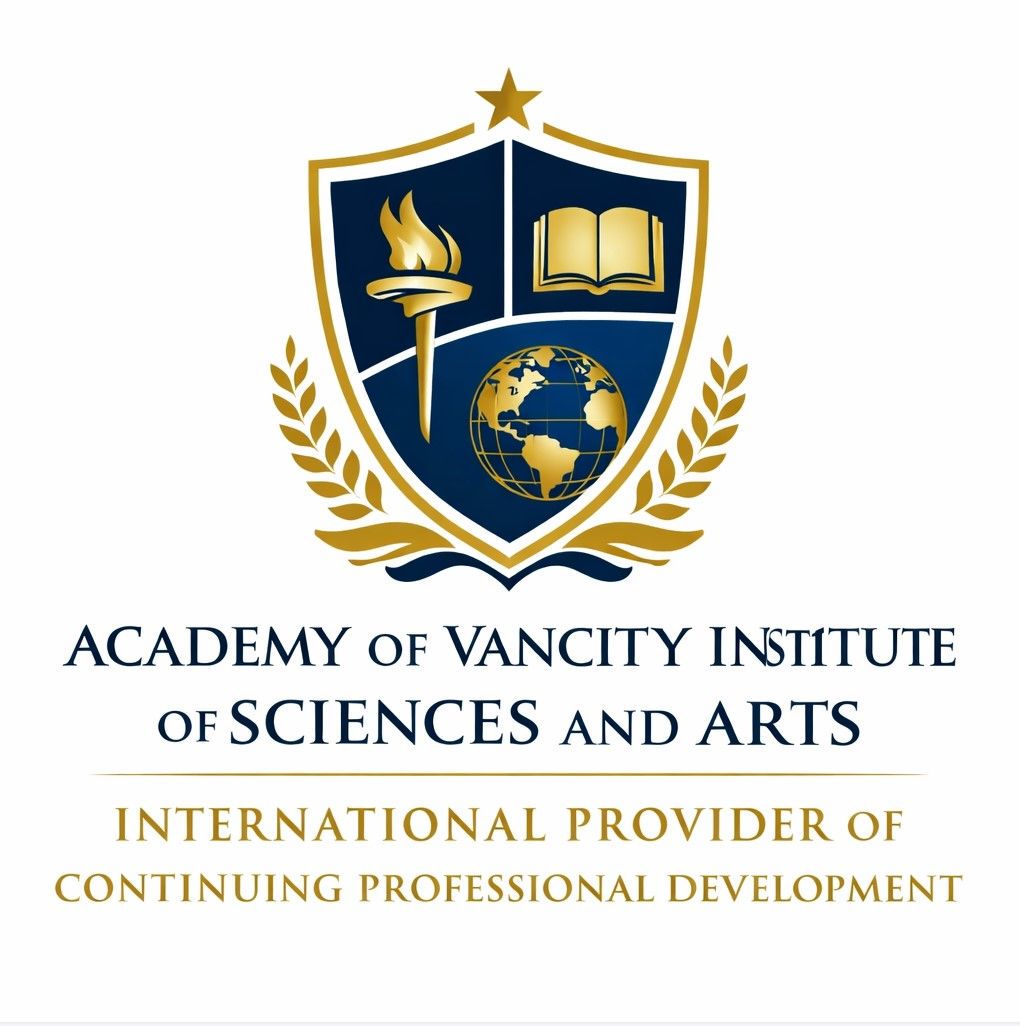Lesson series
Fun
Part 1, Theory (200 credits)
Course Description: The Fun course is designed to help primary students learn through play and enjoyment. Through this course, students will participate in activities that promote socialization, teamwork, and creativity. The course will also cover the importance of having fun in personal and social development.
Course Description: The Fun course is designed to help primary students learn through play and enjoyment. Through this course, students will participate in activities that promote socialization, teamwork, and creativity. The course will also cover the importance of having fun in personal and social development.
Course Goals:
Develop a deeper understanding of the importance of fun in personal and social
development
Build socialization and teamwork skills through fun activities
Learn through play and enjoyment
Practice creativity and imagination through various fun exercises
Course Structure: The Fun course is divided into modules that focus on specific activities,
including games, puzzles, and crafts. Each module includes practical activities, discussions, and reflection exercises that will help students have fun and learn.
Module 1: Introduction to Fun and Play
Definition of fun and its benefits
Identifying different forms of play and their purpose
Developing basic skills and techniques for having fun
Module 2: Games and Sports
Understanding the basics of games and sports
Developing skills in teamwork and sportsmanship
Practicing fun through playing games and sports
Module 3: Puzzles and Brain Teasers
Understanding the basics of puzzles and brain teasers
Developing skills in problem-solving and critical thinking
Practicing fun through solving puzzles and brain teasers
Module 4: Crafts and Art Activities
Understanding the basics of crafts and art activities
Developing skills in creativity and imagination
Practicing fun through creating crafts and art activities
Evaluation and Assessment: The Fun course will use a range of assessment methods, including observation, self-assessment, and formative and summative assessments. Teachers and instructors will evaluate students based on their participation in class activities, written assignments, projects, and reflection exercises. The curriculum will also provide opportunities for peer feedback and evaluation to foster a sense of collaboration and accountability. Students will receive regular feedback on their progress and be encouraged to reflect on their learning and personal growth.
Part 2, Self Evaluation + Peer Evaluation (800 credits)
for 8 times, 6 hours/time coaching on the first Saturdays of each month plus self + peer evaluation during the 8 months

